How Barclays' continuous destructive funding is pushing our climate to the brink
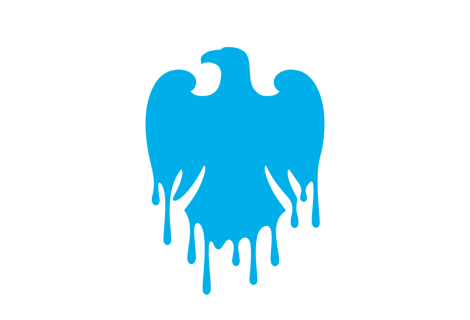
Barclays is Europe’s leading financier of fossil fuels globally and the largest fossil fuel financier in Africa. Between 2016 and 2022, it provided US$29.6 billion in financing for fossil fuel activities in countries in the Global South, with top clients including oil majors ExxonMobil, Shell, BP and TotalEnergies, as well as Adani.
Barclays is also amongst the largest European financiers of agribusiness in the Global South, providing US$11.5 billion between 2016 and 2022. In this sector, Barclays is a major financier of companies implicated in deforestation and human rights abuses such as ADM, Cargill and JBS.
Barclays continues to fuel the climate crisis in its unrestrained financing to the world’s most polluting companies and continues to turn a blind eye to human rights and climate crimes from these companies, intensifying the harm of the most vulnerable communities.
Do you want to understand the extent of Barclays’ destruction? Keep reading
Some of Barclays’ biggest climate-destructive clients:
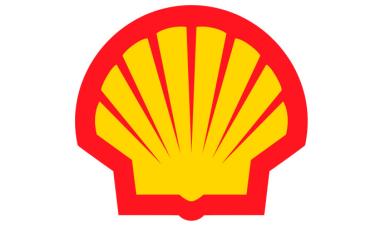
Shell
One of Barclays’ largest oil and gas clients has received $6.7 billion from the bank since 2016. What's worse is that Barclays has counted its support for Shell towards its sustainable financing goal, providing US$10 billion in credit and calling it green, despite Shell rowing back on its climate commitments.
Shell is the major international partner in the Bonny Island LNG Terminal in Nigeria, which is currently being expanded. The LNG Terminal has displaced Indigenous communities without adequate compensation and negatively impacted their livelihoods. Shell is violating communities’ right to a clean environment because of multiple oil spills and gas flaring, devastating local waterways, livelihoods and people’s health.
In January 2024, Shell announced it will divest from onshore operations in the Niger Delta, leaving behind devastated communities. Despite Nigeria’s legal requirements on decommissioning, Shell is avoiding full responsibility for its toxic legacy, while having profited from oil extraction since the colonial period.
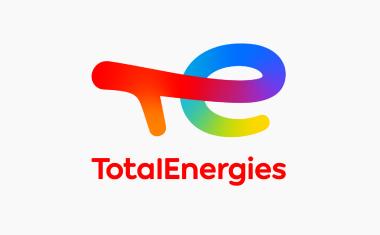
Total Energies
Barclays has provided $US3.2 billion in financing to TotalEnergies between 2016 and 2022. TotalEnergies is the majority stakeholder of the Mozambique LNG project in Cabo Delgado. One attack in March 2021 in Palma, where it was estimated that 1,193 people were killed, forced TotalEnergies to declare force majeure on the Mozambique LNG project. The company was brought to court for involuntary manslaughter and failure to assist its subcontractors in the attack. The gas projects in Cabo Delgado are one of the drivers of a deadly conflict in the area, and TotalEnergies now seeks to restart construction work in mid-2024.
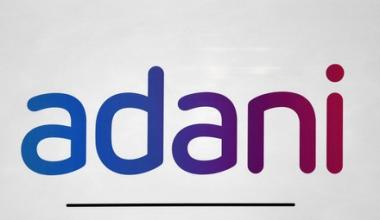
Adani
Barclays is the main underwriter of Adani bonds, which secured a $409 million “green” bond in 2024 despite Adani’s alleged violations of human rights, business with criminal juntas, plans to mine billions of tons of coal beneath ancestral forests in India, rampant exploitation of its workforce, and most recently, a major expose on Adani’s financial fraud and stock price manipulation. Find more information here.
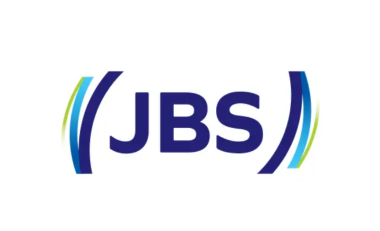
JBS
Barclays is the largest international financier (US$900 million since 2016) of JBS, a Brazilian company that is the world’s biggest meatpacking company, and a key supplier to fast-food companies such as McDonald’s and Burger King, as well as retail giants such as Carrefour, Asda and Walmart. JBS is a huge emitter of greenhouse gas emissions, and multiple investigations have documented the company’s links to illegal deforestation, land grabbing, slave labour and money laundering in Brazil.
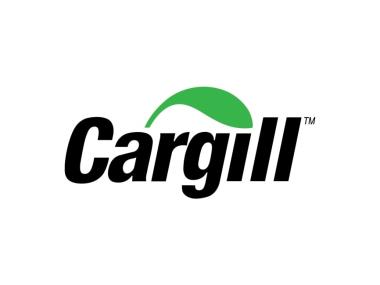
Cargill
Cargill is one of Barclays’ largest agribusiness clients in the Global South. Cargill is Brazil’s second largest soya bean exporter and has been repeatedly linked with deforestation in the Amazon and Cerrado in Brazil and has been accused of trading soya produced on conflicted territories.
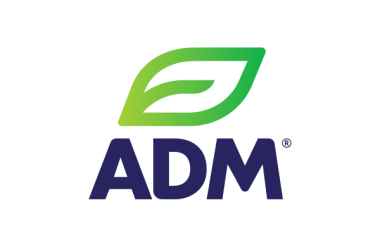
Archer-Daniels-Midland
Barclays is also the top financier of ADM’s activities in the Global South, providing US$4.2 billion in loans and underwriting from 2016-2022. ADM, which is the world’s largest grain trader, has been accused of fuelling land conflicts in Brazil’s Cerrado by trading with producers allegedly involved in land conflicts. ADM also failed to ensure that hundreds of Indonesian palm oil mills from which it sources palm oil are free from abuse against land and environmental defenders.
Barclays’ energy and agricultural commodity policies
Barclays has an agricultural commodities and forestry policy that requires palm oil and soy producers to undertake a process of “enhanced due diligence”, including obtaining the Free, Prior and Informed Consent (FPIC) of Indigenous Peoples, and obtaining certification (Roundtable on Sustainable Palm Oil (RSPO), Roundtable on Sustainable Soy (RTSS) or equivalent). However, there is considerable evidence that these schemes have not adequately protected the rights of communities and have legitimised habitat degradation and the use of recently deforested land, enabling “destructive businesses to continue operating as usual”.
Barclays’ new deforestation policy says that it will not finance producers who process beef from areas of the Amazon cleared or converted since 2008, but the bank will rely on self-reporting to judge these claims, and it remains unclear to what extent it will be mandatory for clients to monitor deforestation risks. It has also committed to achieve “deforestation-free” South American soya and beef supply chains in high-risk areas by 2025, such as the Amazon, Cerrado and Chaco. In this sector, Barclays is a major funder of companies implicated in deforestation and human rights abuses such as ADM, Cargill and JBS.
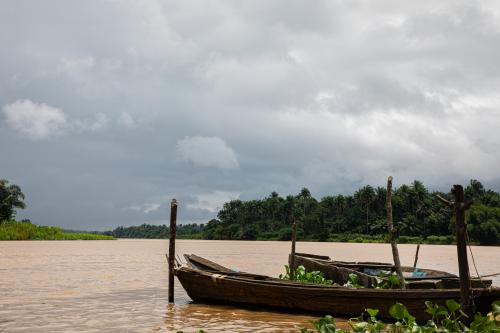
Barclays' new 2024 energy policy
Barclays released their new energy policy in February 2024, which included minor improvements on the previous policy. While there are now some limitations on specific projects, their policy would still allow unrestricted financing to fossil fuel corporations and drive devastating fossil expansion. By itself, this policy does not yet make a dent in the harm suffered by the women, girls and frontline communities in the Global South who bear the disproportionate effects of pollution, land grabs and climate disasters. See full analysis here.
What about a human rights policy?
Barclays updated its human rights statement in February 2024, setting expectations for clients, with annual reviews of its financing portfolio on human rights impacts which would “guide the enhancement of [the] relevant policies and human rights due diligence processes”. Barclays also states it considers the UN Guiding Principles on Business and Human Rights (UNGPs) and the OECD Guidelines for Multinational Enterprises on Responsible Business Conduct (OECD Guidelines).
Barclays requires policy commitments to respect human rights from commodity sector clients: beef, soya, palm oil and forestry and timber. However, it only “expects” these companies to undertake human rights due diligence in their operations and supply chains. Barclays requires clients in the forestry and timber, as well as soya sectors to “obtain the consent of affected indigenous and local communities prior to acquiring new land or resources and prior to new plantation developments or expansions through a credible “free, prior and informed consent” process”.
In its approach to “Enhanced Due Diligence” regarding energy sector clients, it refers to “its commitment and adherence to the principles of Free Prior Informed Consent (FPIC) where indigenous peoples may be impacted by their operations”, yet this is implemented on case-by-case basis and only on certain companies in scope.
However, the bank’s financing of companies in continuous violation of human rights either directly or through its supply chains, as detailed above, puts its commitment to human rights principles and its own policies under question.
Barclays staff are speaking out about Barclays’ financing of human rights violations. If you are a member of their staff and would like to share your concerns confidentially, you can do so by following the link below.